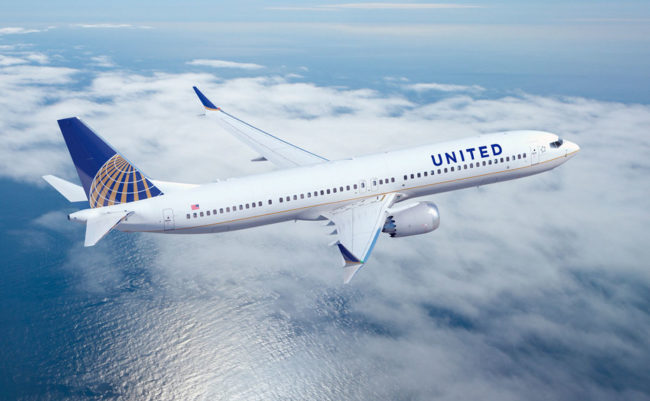
A Branding Disaster at United
Yesterday United Airlines forcibly removed a passenger from an overbooked flight and other passengers captured the incident on video. You can watch it here.
A Huge Problem
It is hard to overstate how bad this is for United. Let’s review what happened:
– The airline boards too many people and won’t offer enough money to entice someone to take a later flight.
– The gate agents randomly pick passengers to bump, and when someone protests, they arrange for him to be dragged from the place. He is bloodied and bruised.
– The company did this in order to accommodate crew members; it wasn’t to provide space for other passengers.
Airlines disappoint people every day: flights are late, customers get bumped and luggage vanishes, but this is different. It is difficult to think of another corporation physically assaulting a customer in such a manner. Have we seen something like this from McDonalds? Walmart? Starbucks? Delta? No.
United drags a passenger from a plane to make room for an employee? Really? This has sparked some remarkable comments on social media.
Difficult Questions
The incident raises all sorts of tough questions.
What sort of company culture led to this? Why would anyone think this was the best way to manage the situation?
Were the front-line employees really out of options?
What sort of pressure are they under?
Next Steps
United CEO Oscar Munoz responded this morning, and while the prompt statement was good the wording was tone deaf. In particular, Munoz wrote, “I apologize for having to re-accommodate these customers.” That is a terrible statement. United didn’t “re-accommodate” the passenger in the video; United arranged for him to be physically dragged from the plane.
Munoz needs to quickly apologize for the incident and state that United will try very hard to not leave passengers bloodied and battered. Well, perhaps it should skip that last part. The airline should announce that it is conducting a thorough outside review of its culture and policies in an effort to understand how something like this happened, and to ensure it doesn’t happen again.
This a rough day for the United brand.
I’m curious how much of this resulted as a byproduct of broader company culture / official protocol (why did they board the plane if they knew they needed excess capacity for their crew?) vs. front line staff making an error by boarding the plane and making an ill-fated call to security. This is not to rationalize what happened but definitely seems like a need for either a massive overhaul of protocol to handle situations and/or investment in company wide training on these situations to begin to regain some of their lost brand credibility as a result of this horrid incident.
Really bad. I waited 10 hours in an airport Saturday. Problem was that the airline had not grounded planes and canceled flights in really bad weather so they all sat on ground, still ostensibly working,m and the next day (Saturday) when weather was good and planes were there, the crews couldn’t work. Not a good scene. No way to run a business. It was Delta. I wonder what United did in the same conditions.
Indeed Tim, this is a rough day for United.
This brutal action was certainly unexpected. But, upon reflecting on general airlines’ attitude toward passengers, I was outraged but not that surprised. From tighter seat and knee space to low quality of food (“pasta or chicken?”), the goal is seemingly not to find ways to offer a pleasant trip but to cram as many passengers as possible on a plane or in this case to expel a paying passenger without offering proper compensation.
On a recent flight from London to Chicago, in the large economy section which was full, instead of the 6 or 8 toilets, there were only 4 bathrooms. So for most of the flight, folks waited their turn. And this was on a brand new plane.
Sure United must apologize for this appaling incident but all airlines should also rethink their attitude toward passengers
Great comments Tim!
I think United had a simple solution here.
Simple keeping raising the price offer until someone says OK!
Surely someone would have given up their seat for $3,000!
Bob